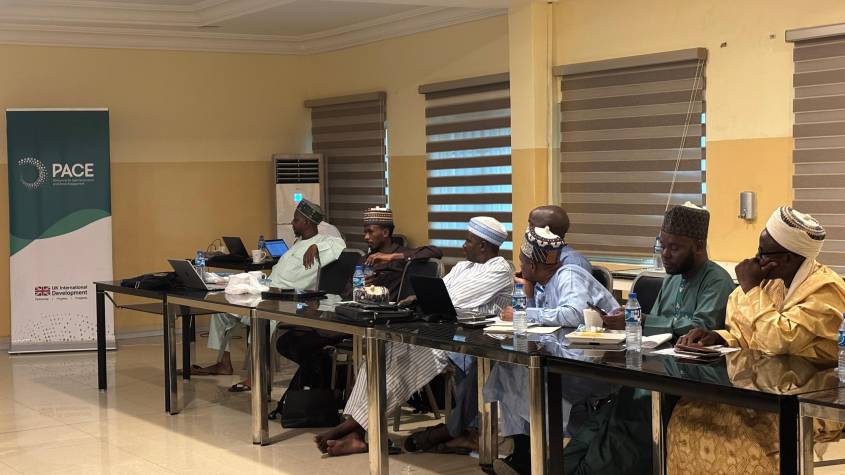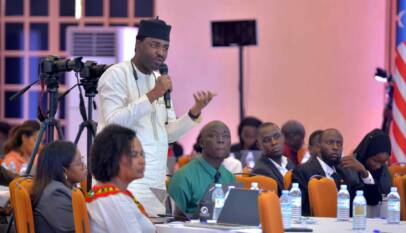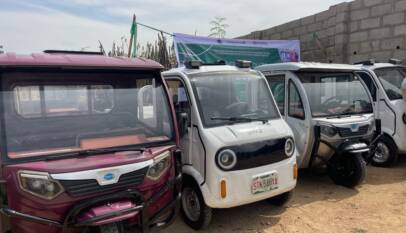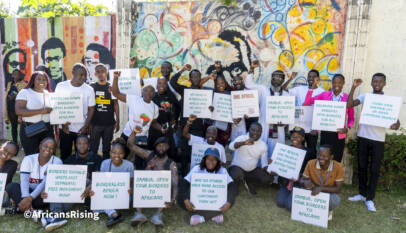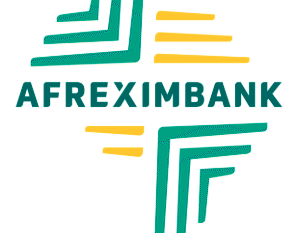Kano Stakeholders Push for Local Governance Reforms
The Kano State Ministry for Local Government and Chieftaincy Affairs (MfLGCA), in collaboration with the UK Foreign, Commonwealth and Development Office’s Partnership for Agile Governance and Climate Change (PACE), recently hosted a high-level Stakeholders’ Dialogue Session to advance local governance reforms across the state’s 44 Local Government Areas (LGAs).
.
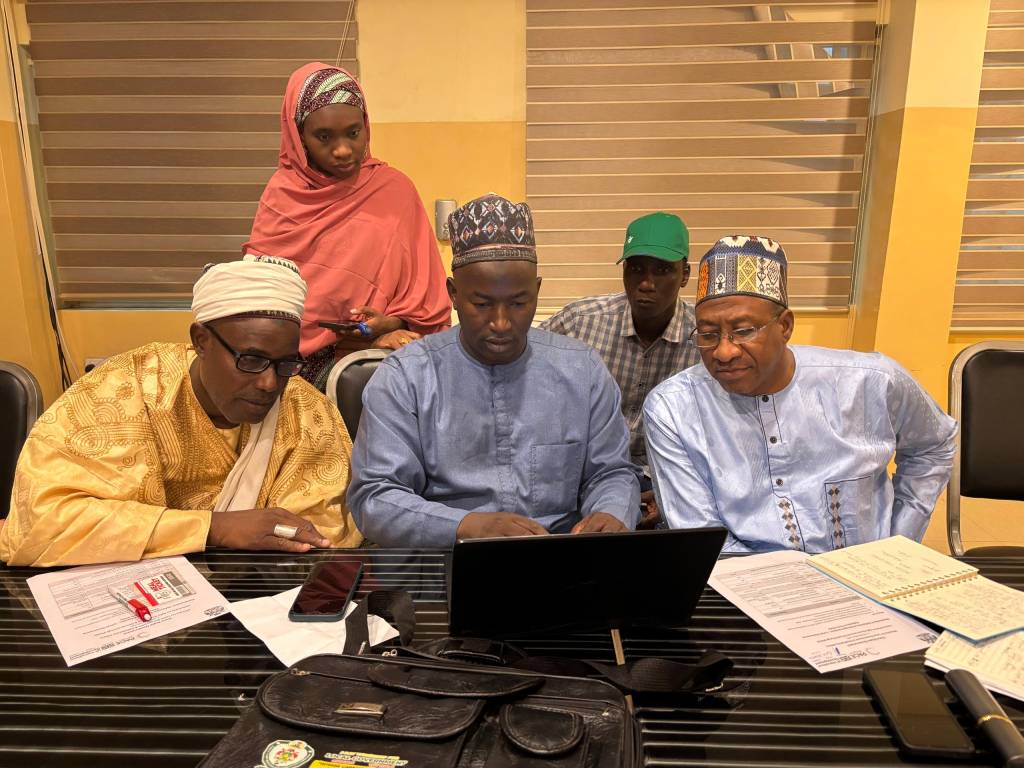
Themed “Stakeholders’ Reflection & Dialogue Session: Local Governance Reforms in Kano State,” the convening provided a platform for robust dialogue aimed at strengthening transparency, accountability, and efficiency in local governance. Participants engaged in extensive deliberations on pressing challenges such as resource allocation, administrative inefficiencies, and the need to deepen community participation in decision-making processes.
In his opening remarks, Auwalu Hamza, Kano State PACE Team Lead, said the session was convened to reflect on lessons from ongoing local government reform initiatives, particularly in planning, budgeting, and service delivery.
“We look forward to the larger society benefiting from these reforms at the grassroots level. We aim to foster discussions among stakeholders, pinpoint challenges, align expectations, and reinforce shared responsibility for these reforms to ensure concrete next steps across all 44 Local Government Areas (LGAs). The dialogue is critical for harmonizing strategies and translating reforms into real, measurable improvements in citizens’ lives,” he said.
Garba Bello, Director of Planning at MfLGCA, highlighted key milestones achieved through the support of PACE FCDO, including the adoption of a standardized 52-digit chart of accounts across Kano’s LGAs. He emphasized the need for continued capacity building for both local government staff and MfLGCA personnel, particularly in the area of governance and climate change. “We encourage PACE and other partners to assist in consolidating quarterly LGA performance reports to sustain progress.”
The session featured interactive discussions in which participants shared insights, reflected on reform experiences, and assessed the implementation of the unified chart of accounts and local development plans. Group activities enabled stakeholders to identify key challenges, gaps, and opportunities, while jointly crafting a practical strategy aimed at institutionalizing sustainable improvements across all 44 LGAs in Kano State.
The outcome of the group activities particularly emphasized the importance of digitizing local government processes, strengthening community feedback mechanisms, and integrating climate-resilient development planning. They outlined both short-term quick wins and long-term institutional reforms, culminating in a phased implementation roadmap featuring clear milestones, timelines, and accountability frameworks to guide sustainable local governance transformation.
The session closed with stakeholders pledging to work together to institutionalize sustainable governance practices across Kano’s local government areas. Next steps include concrete action plans centered on capacity‑building, sound fiscal management, and stronger citizen engagement—measures designed to deliver tangible development at the grassroots level.
The local governance reform dialogue brought together a diverse range of stakeholders in the spirit of a whole-of-society approach. Attendees included representatives from the Ministry for Local Government and Chieftaincy Affairs (MfLGCA), Kano State House of Assembly, Local Government Areas (LGAs), academia, civil society organizations (CSOs), traditional institutions, and the media, among other key actors, reflecting a broad commitment to inclusive and participatory governance reform.

